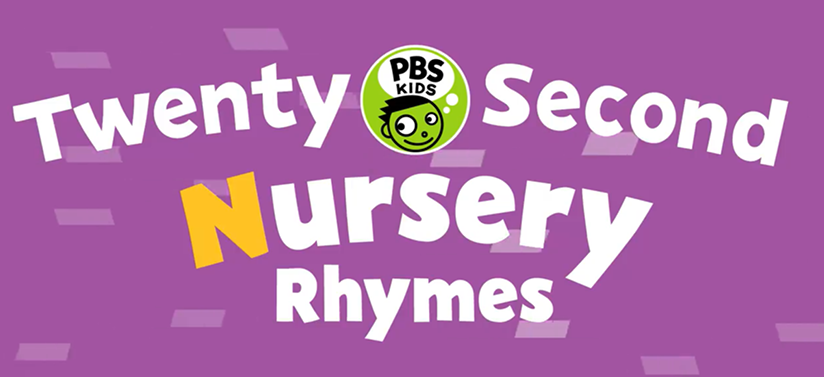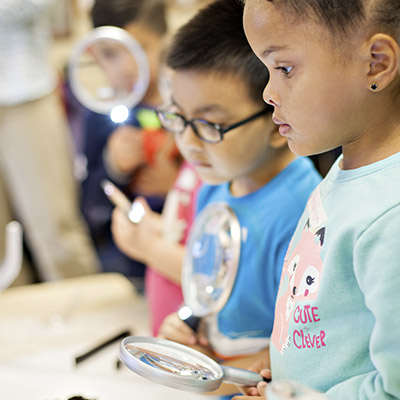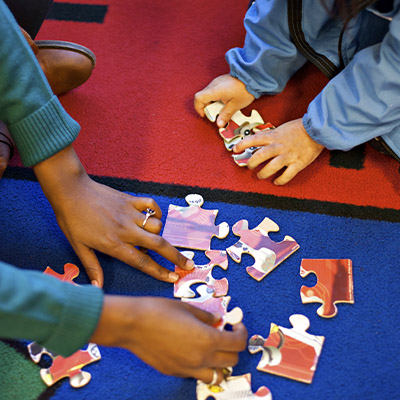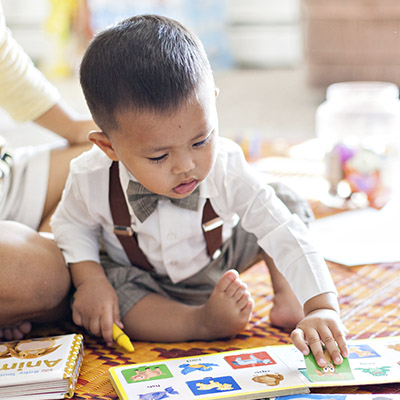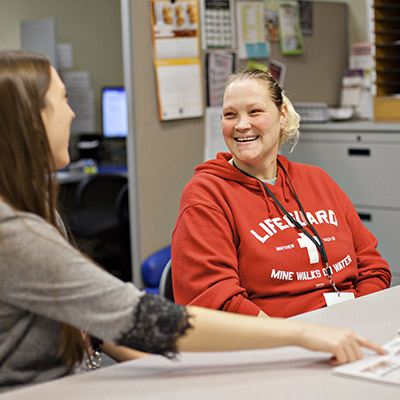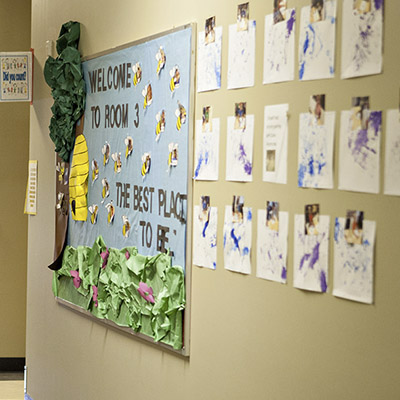The most important part of your children’s environment
is the relationships you build together!

There’s No Place Like Home!
Everyday materials that support learning:
- Empty food containers (egg cartons, cereal boxes, spice tins, cracker boxes)
- Boxes to serve as blocks (shoe boxes, tissue boxes, etc.)
- Clean, empty laundry detergent tops or yogurt containers make excellent toys for stacking and nesting
- Empty egg cartons or muffin tins provide opportunities to explore one-to-one correspondence and pretend play (shopping or cooking)
- Fabric of various textures like scarves, bandanas or scraps of old clothes can be fun to touch, snuggle, or use as a baby blanket in pretend play
- Empty containers and a bowl of water over a cake pan for dump and fill water play with minimal mess
- Empty coffee can and spoon makes a drum
- Safe-to-throw items such as soft balls, shower scrubbers, and balled up socks
- Cushions or pillows on the floor to crawl over or jump on top of
- A “cozy” area (blanket or scarf laid over a table, or large cardboard box) that children can crawl into and use as an indoor tent
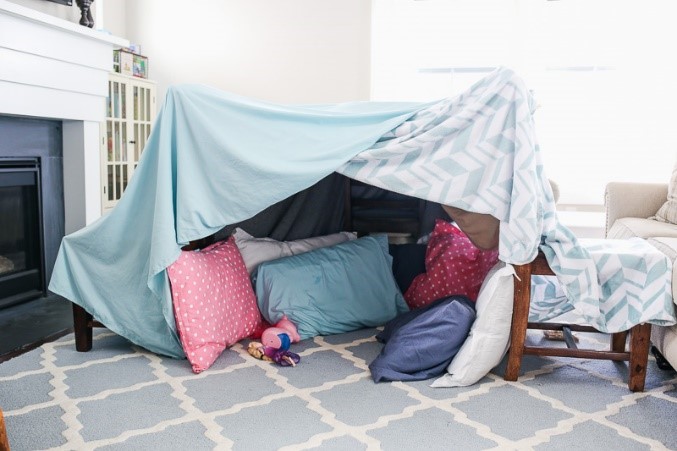
Supporting Development in All Developmental Domains
To create a home environment that supports gross motor skills:
- Take a walk.
- Create a child-friendly obstacle course with cushions to climb over, a cardboard box tunnel to crawl through, hopping over a handkerchief on the floor, etc.
To create a home environment that supports fine motor skills:
- Provide supervised experiences with paper and pens/pencils/markers/crayons – children as young as 12-months-old will want to try writing like adults do.
- Offer babies junk mail or old newspapers to crumple, crinkle and tear.
- Make a “treasure basket.” Fill a basket (or muffin tin) with safe, ordinary household and natural items and allow babies to discover the treasures inside. Remember that one of the ways babies explore is with their mouths so make sure everything is safe to mouth or suck on and always provide close supervision. Some items for a treasure basket might be: a measuring cup, fabric, a coaster, a spoon, balls, and whatever (safe objects) you find!
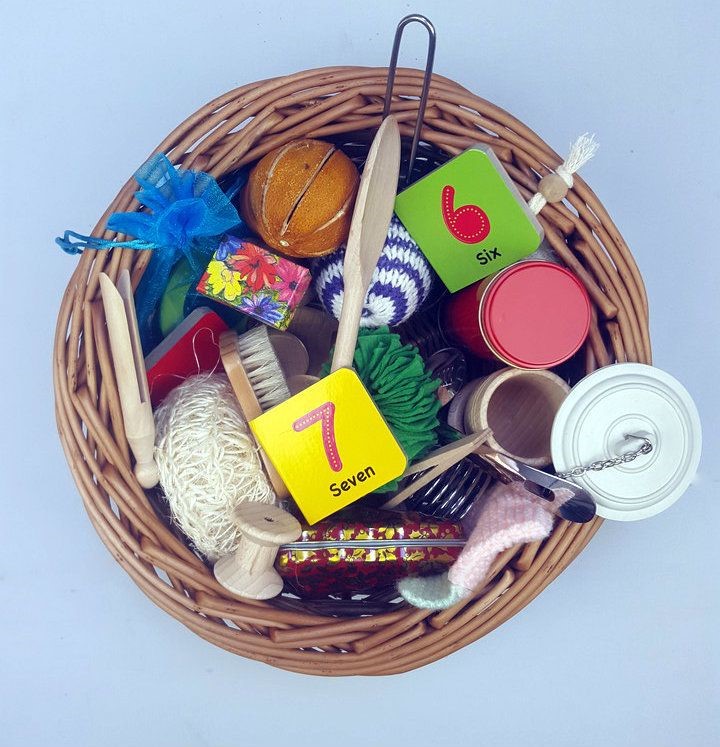
To create a home environment that supports social skills:
- Play turn-taking games—for example, the child may hand the parent a ball, and the parent hands it back.
- Use a paper plate to make a “stop” sign one side and a “go” sign on the other. Play stop-and-go games in a hallway; this helps children learn self-control and listening skills.
- Play games with using stuffed animals, dolls, or action figures. The dolls can practice negotiating difficult issues like taking turns, needing space, and being polite. They can also sing songs and do silly dances!
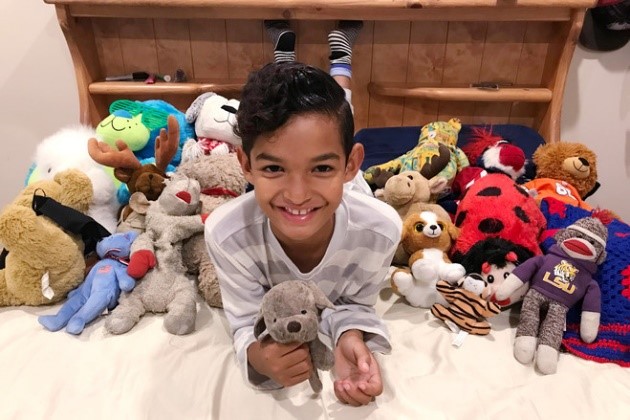
Featured E-Book and Song:
Wash Your Hands
by Leona Locke
- Narrated in 20 languages; no login required
- https://www.uniteforliteracy.com/featured/new/book?BookId=141
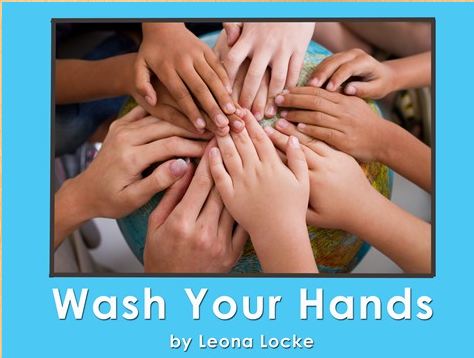
Alphabet Song
- This 20 second song is great to play while your child is washing his/her hands
- https://www.facebook.com/PBSKIDS/videos/819859745185393/
